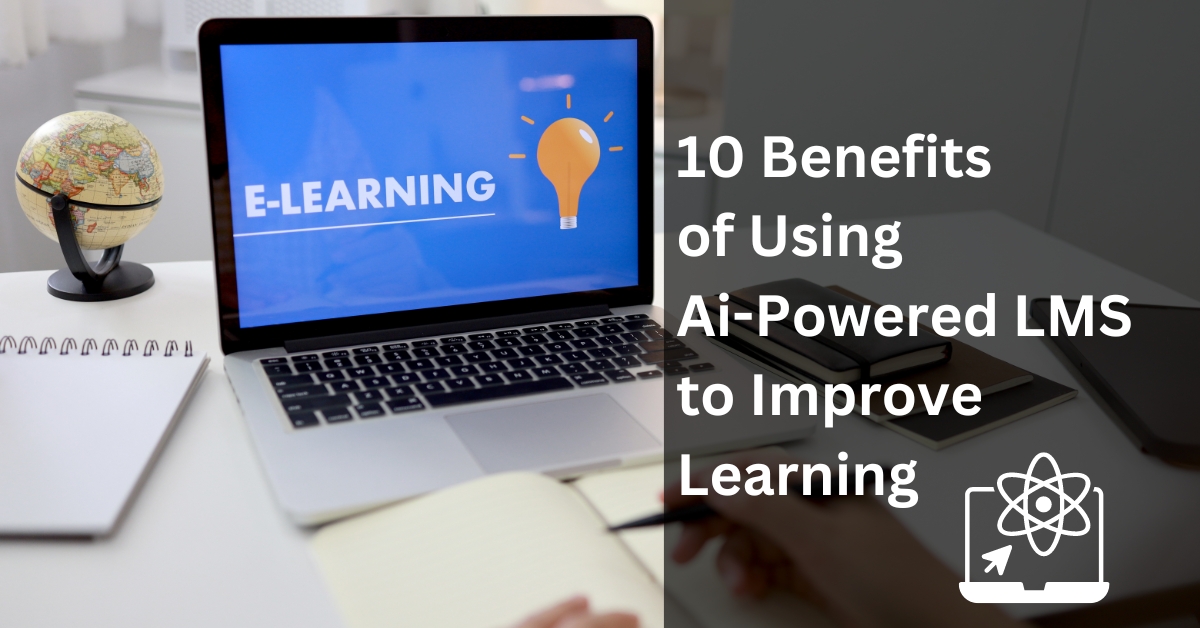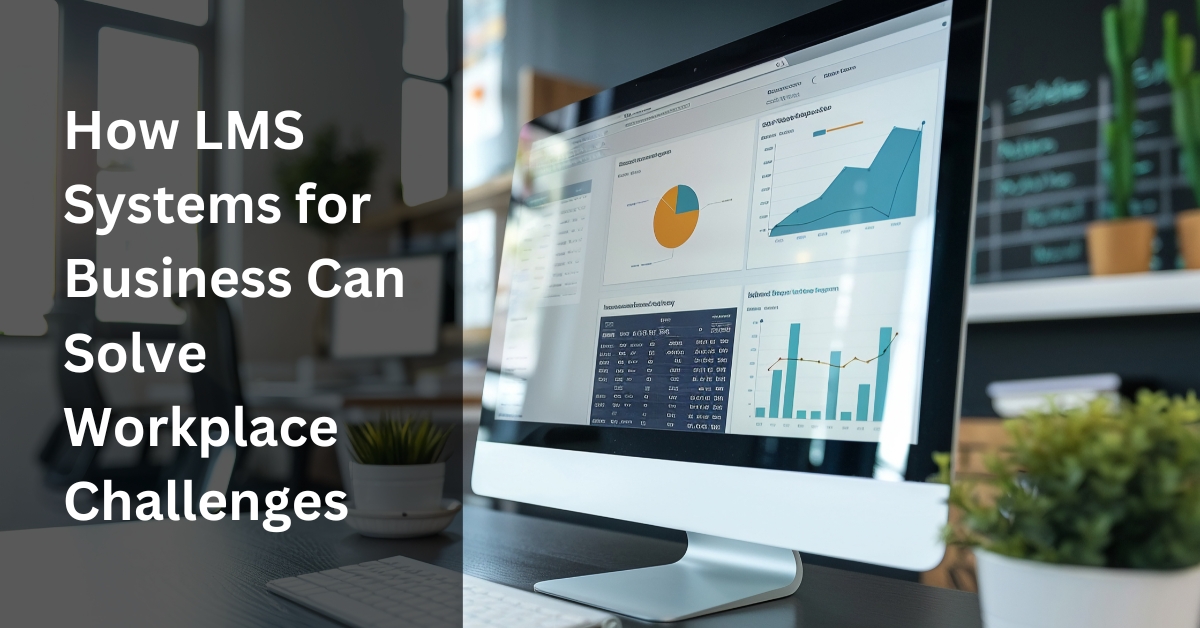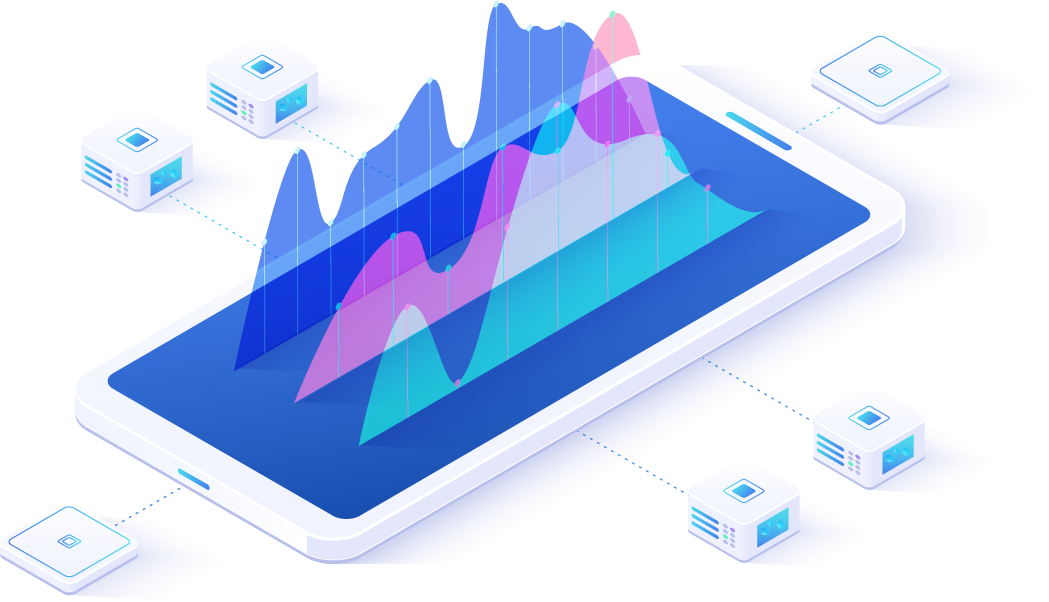The landscape of education and organizational training is undergoing a significant transformation, thanks in large part to the rapid advancements in technology. As we look toward the future, Learning Management Systems (LMS) stand at the forefront of this change, poised to redefine how knowledge is delivered, consumed, and evaluated. This article explores the emerging trends and predictions shaping the future of LMS, highlighting the pivotal role of artificial intelligence (AI), mobile learning, personalized learning paths, and the importance of accessibility and inclusivity.
What is LMS?
A Learning Management System (LMS) is a software application or web-based technology used to plan, implement, and assess a specific learning process. It is designed to enable the management, delivery, and tracking of learning and training programs and courses. LMS are extensively used in various sectors, including education, corporate training, and for any scenario that requires delivering learning content and monitoring learner engagement, progress, and performance.
What is the Future of Learning Management Systems?
Artificial Intelligence and Machine Learning
AI and machine learning are set to revolutionize the learning management system by making them more efficient and effective. These technologies can automate administrative tasks, such as grading and feedback, freeing up instructors’ time for more critical tasks. Furthermore, AI can provide personalized content recommendations based on the learner’s past behavior, preferences, and performance, making learning experiences more engaging and effective.
Mobile Learning and Microlearning
The ubiquity of smartphones has made mobile learning an indispensable feature of future LMS. Learners now demand access to educational content anytime, anywhere, making it essential for LMS to be mobile-friendly. Alongside mobile learning, microlearning – the delivery of content in small, bite-sized chunks – is gaining traction. This approach caters to the modern learner’s shorter attention span and facilitates just-in-time learning, which is particularly effective for skill acquisition and retention.
Personalized Learning Paths
Personalization is becoming a cornerstone of modern LMS. By leveraging data analytics and AI, LMS can create individualized learning paths that adapt to each learner’s pace, preferences, and performance. This approach not only enhances learner engagement but also ensures that each learner can achieve their full potential by focusing on areas where they need improvement.
What Are the Benefits of New Technologies in LMS?
Accessibility and Inclusivity
Inclusivity and accessibility are critical considerations for the future development of LMS. Ensuring that learning materials are accessible to individuals with disabilities is not just a legal requirement but also a moral imperative. Future LMS will need to incorporate advanced features like voice recognition, screen readers, and alternative text to create an inclusive learning environment for all users.
Better Knowledge Retention
The integration of AI, mobile learning, and microlearning into LMS contributes to better knowledge retention. These technologies cater to different learning styles and preferences, making learning more engaging and effective. By providing content in varied formats and allowing learners to control their learning pace, LMS can significantly improve knowledge retention rates.
Flexibility
The future of LMS promises unparalleled flexibility for both learners and educators. Learners can access content from anywhere, at any time, and on any device, allowing them to fit learning into their busy schedules. For educators, the ability to update and disseminate content quickly means that learning materials can remain up-to-date and relevant.
Improved Analytics
Advanced analytics powered by AI and machine learning will provide educators with deeper insights into learner performance and engagement. These analytics can identify patterns and trends, helping educators tailor their teaching strategies to maximize effectiveness. For organizations, improved analytics can demonstrate the ROI of training programs by linking learning outcomes to business results.
In Conclusion
The future of LMS is bright, with the rise of new technologies such as AI, mobile learning, and personalized learning paths leading to more interactive, effective, and inclusive educational experiences. These innovations offer not just improvements in the learning process but also a transformation in how we assess and comprehend learning results.
Looking for a reliable partner to develop a customized Learning Management System (LMS) in London, UK? Recolearn stands out as a top choice. With their expertise in LMS software development, they can tailor a platform to meet your specific requirements. Their track record of delivering high-quality, user-friendly solutions makes them a trusted option for businesses and educational institutions alike. Partnering with Recolearn ensures you get a robust, scalable, and feature-rich LMS platform that enhances your learning and training initiatives.






